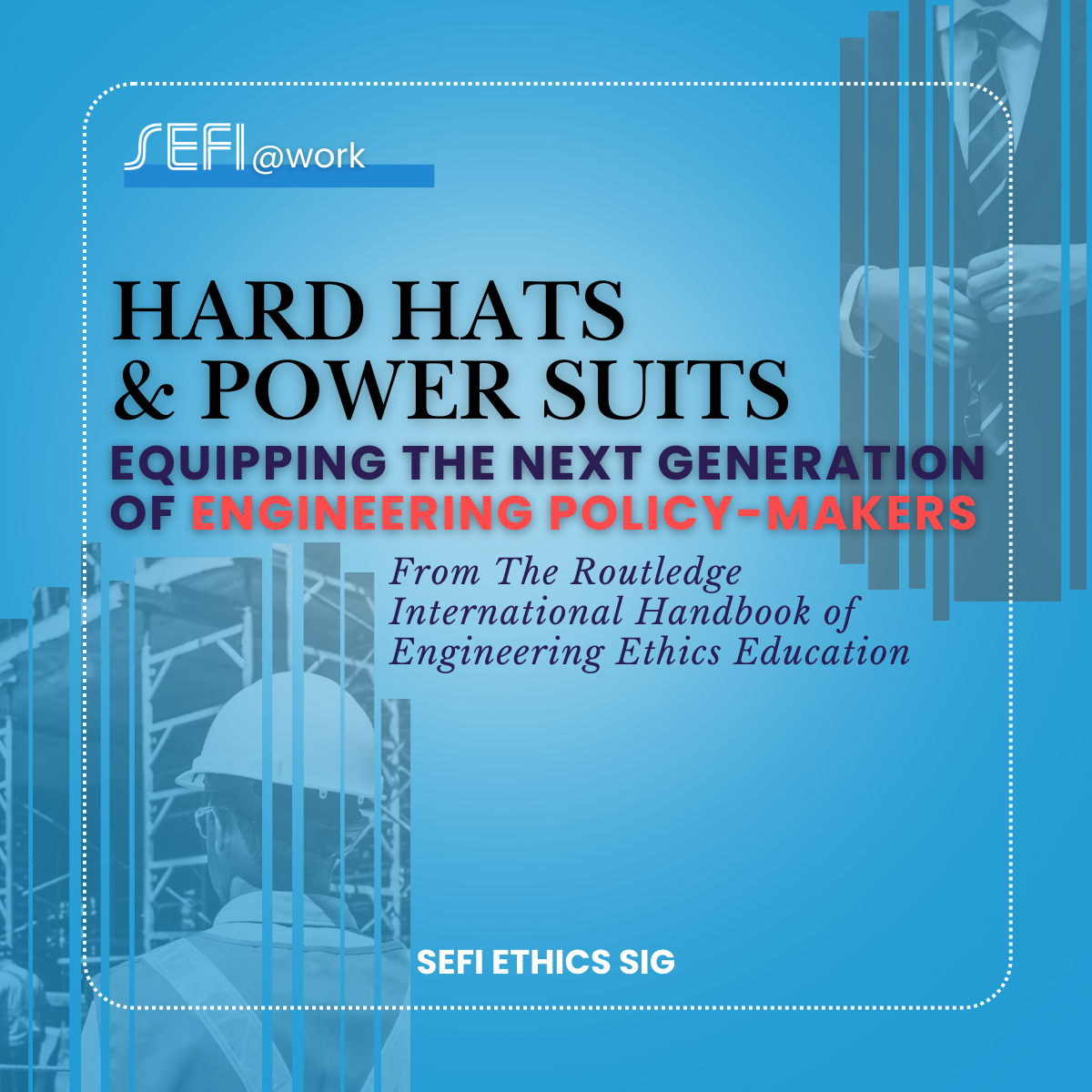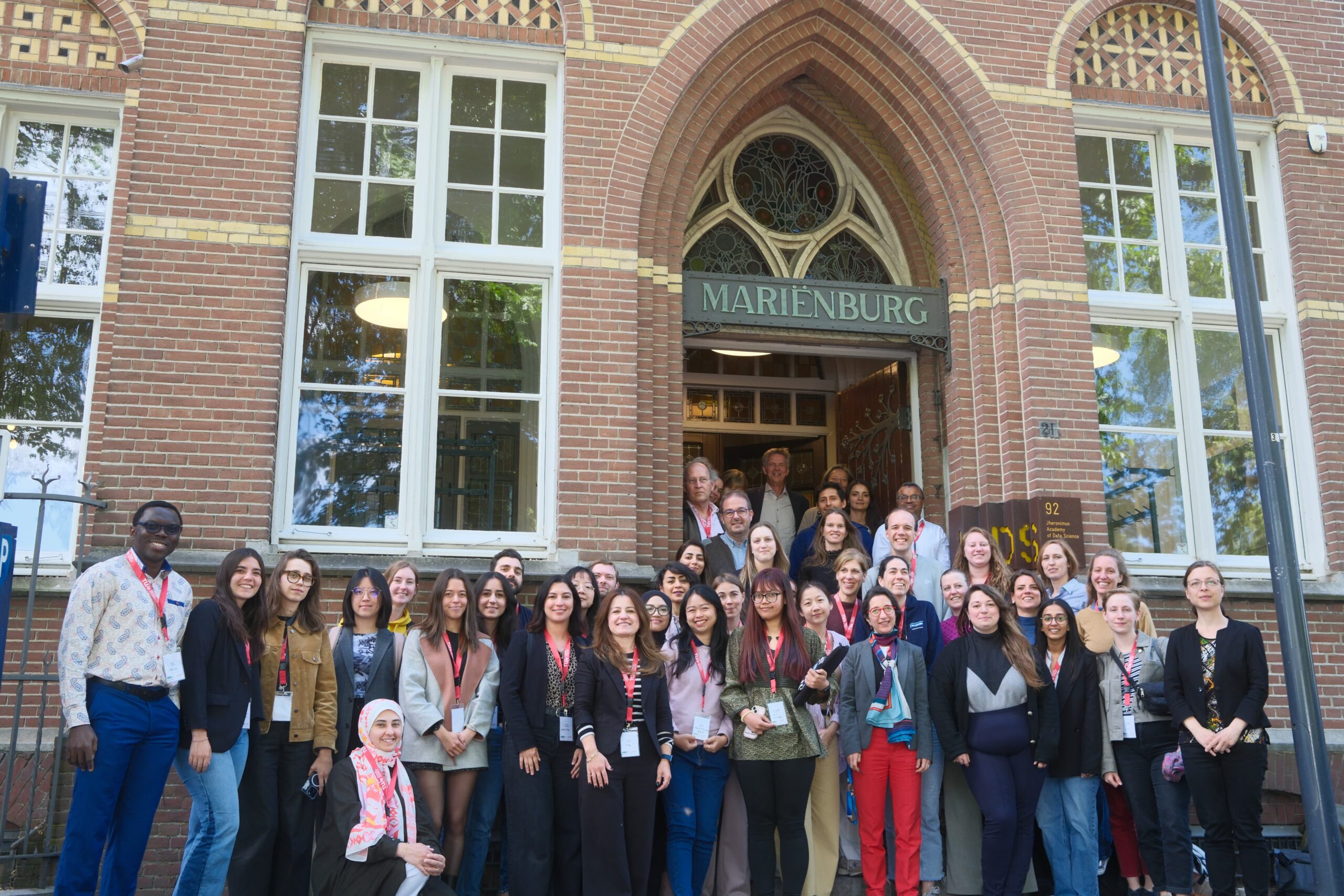By Tom Børsen, Associate Professor, Aalborg University How can we prepare engineering students not only…
Thursday, 23 September, 11-13 CET
This interactive session will discuss the following two topics:
1. Situation of Engineering Education on Ethics in Portugal and Spain
Survey of syllabus of engineering courses in higher education in Portugal that tackle Ethics will be presented. Topics, credits and contexts will be summarized and conclusions of the possible impact will be discussed. The role of professional engineering associations, Ordem dos Engenheiros and Ordem dos Engenheiros Técnicos, in Ethics in Engineering will be described in terms of goals and of training modules. The training courses are necessary for membership and connections with deontology are analyzed. This will be followed by an analysis of the situation of the engineering ethics in different engineering bachelor degrees in Spanish public and private universities. Based on this analysis, we investigate and discuss the best way to bring this teaching to our students.
2. Ethics and Sustainability
The United Nations Sustainable Development Goals have become a major influence in many sectors of society. In Engineering, they have become a significant perspective to include in most activities and decisions. Ethical aspects are connected with options of design, of operation and of maintenance that are made by engineers. Sustainability concerns have to be considered by all engineers in each choice to consider a world with a future. Engineers are the major transformers of the Earth where we all live. There is only one planet that should be preserved and taken care of. We will discuss ways to introduce sustainability, but more specifically the SDGs, in engineering bachelor studies, and explore its effectiveness in ensuring that graduate have acquired the expected learning outcomes.
The presentations will be followed by a debate session where participants are invited to contribute and propose guidance on how to improve Ethics Engineering Education.
Speakers and facilitators:
- Alfredo Soeiro, Department of Civil Engineering, University of Porto,
- Luis Adriano Oliveira, Department of Mechanical Engineering, University of Coimbra
- Rosa Colmenarejo Fernández, Department of Humanities and Philosophy, Universidad Loyola Andalucía
- Esther Gimenez-Carbo, Department of Construction Engineering, Universitat Politècnica de València


